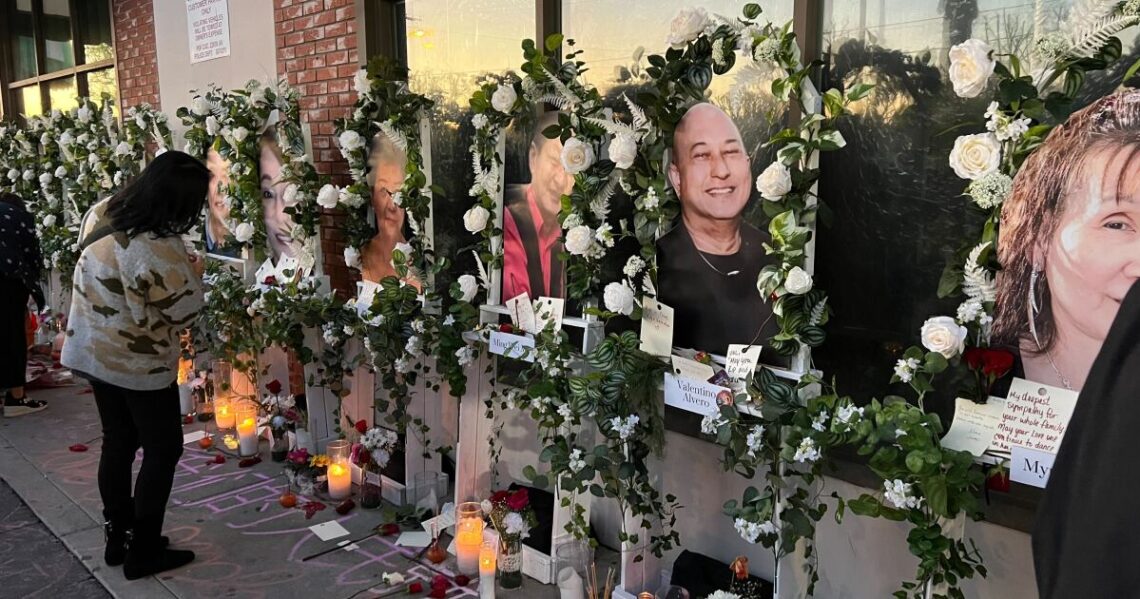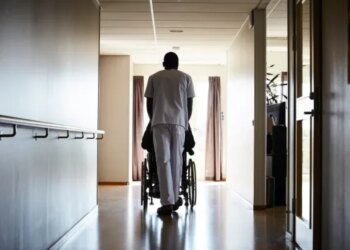Many Asian Americans are questioning the state of mental health in their community after the shootings in Monterey Park and Half Moon Bay.
Therapy can help with anger management, conflict resolution and negotiation skills, according to Jenny Wang, Ph.D, who is a therapist and author of Permission to Come Home: Reclaiming Mental Health as Asian Americans.
“Does therapy prevent all violence? Probably not,” she said. “But therapy provides skills and support that may reduce it.”
Wang said violence happens when people cannot regulate their internal emotions. She said many AAPI immigrants become emotionally detached and repress certain feelings to adapt to the challenges that their new life brings.
“This value of emotional stoicism — this idea that when we have emotional upheaval or upset, we try as much as we can to withhold emotional dysregulation — they see it as a strength,” Wang said.
Roots In A Traumatic Past
Before navigating domestic life in the United States, AAPI immigrants often navigated difficult lives in their motherlands. According to Wang, swallowing in the bitterness – a Chinese expression used to show suppressing feelings rather than acknowledging them – becomes a value.
Many Chinese fled famine and political repression. Vietnamese and Koreans suffered years of war. Filipinos escaped dictatorship. Cambodians ran away from genocide. Many Japanese carried a stiff upper lip when they or their ancestors were put into concentration camps. In all these cases, Asian immigrants have been beset by colonialism, poverty, war or intergenerational trauma, said Wang.
Asian elders display stoicism when faced with inner…
Read the full article here







